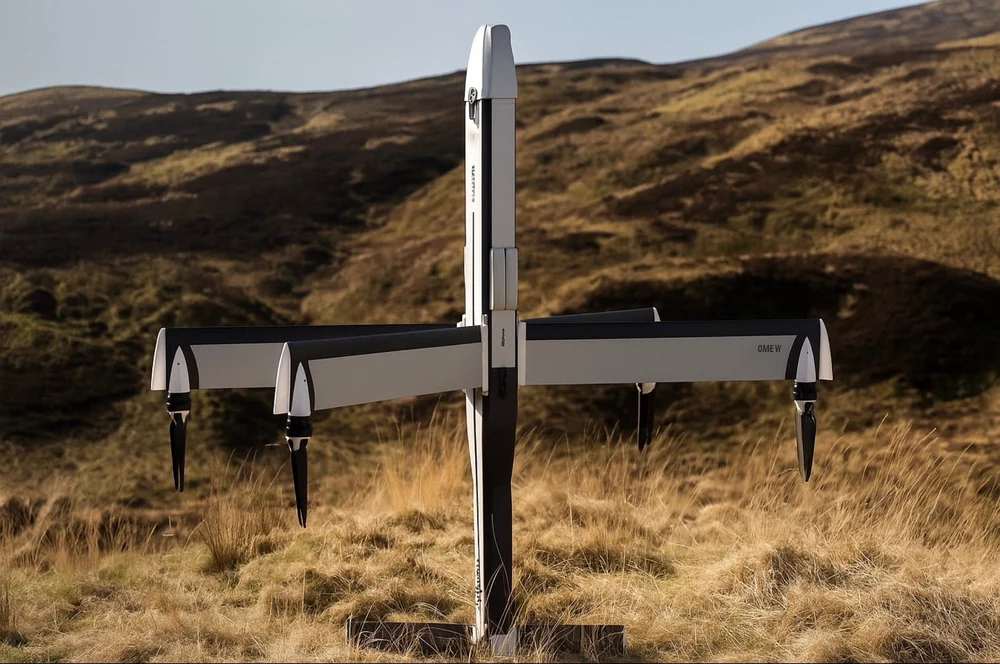They promised to be the “eyes and arm” of the modern army, with artificial intelligence and performance inspired by the war in Ukraine. In reality, they turned into a lost PR exercise. The Virtus drone, produced by the German startup Stark Defence, missed all targets during two series of military tests conducted in October — one in Kenya, alongside the British army, and another near the German city of Münster.
The information was published by the Financial Times, which cites industry sources and European military officials. The result: a complete fiasco. In Germany, one of the devices lost control and was forced to land in a wooded area, while in Kenya, a battery caught fire during the exercise.
“It was a disaster for Stark. They overestimated what they could do — and now they are paying the price for their arrogance,” said a source close to the project, who wished to remain anonymous.
“We’ve crashed hundreds of times. That’s how we learn”
The founders of Stark are trying, however, to turn the disaster into a lesson. In a response to the press, the company claimed that such failures “are part of the testing and innovation process”. “We didn’t crash once, but hundreds of times. That’s how we test, that’s how we develop, and that’s how we continue to provide defence technology, including the Virtus drone, on the Ukrainian front,” the startup’s representatives conveyed.
There is also a degree of understanding within the German army. A Bundeswehr officer, quoted by the FT, explained that soldiers prefer collaboration with startups — “more flexible and responsive” than the large defence conglomerates, often bogged down in bureaucracy.
Read more HERE

